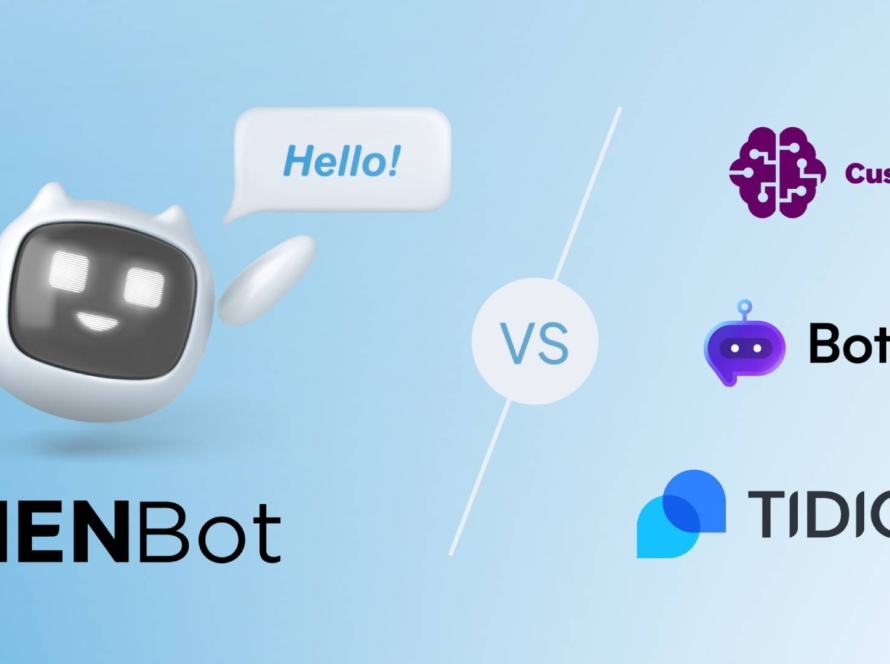In today’s fast-paced business landscape, companies are under pressure to do more with less. The solution? Automation.
AI-powered tools are revolutionizing how businesses streamline operations, reduce costs, and improve productivity.
Whether it’s automating customer service, handling routine tasks, or optimizing workflows, AI is transforming business efficiency in once unimaginable ways.
The Power of Automation
Automation, in simple terms, means letting technology handle repetitive tasks so your team can focus on what truly matters.
With AI tools, businesses can automate everything from answering customer queries to managing inventory, processing invoices, and even personalizing marketing campaigns.
This leads to faster turnaround times, fewer human errors, and ultimately, a more efficient business operation.
1. Boosting Productivity
By automating everyday tasks, businesses can free up their employees to focus on more strategic work.
For instance, AI-powered chatbots can take over customer inquiries, while AI-based scheduling tools can optimize meetings, saving hours each week.
This not only speeds up processes but also ensures that employees are spending their time on high-value tasks.
2. Enhancing Customer Experience
AI tools can make your customer service operations smarter and more responsive. With chatbots and virtual assistants, customers receive quick and accurate responses 24/7, enhancing satisfaction.
Moreover, AI can personalize customer interactions, remembering past conversations and preferences, allowing businesses to offer a tailored experience that feels more human.
3. Data-Driven Decision Making
AI tools don’t just automate tasks—they also provide valuable insights. By analyzing data at lightning speed, AI can help businesses identify trends, forecast demand, and even make real-time decisions.
For example, an AI system in e-commerce can recommend products to customers based on their browsing history, boosting sales and engagement.
4. Cost Reduction
One of the biggest advantages of automation is its ability to reduce operational costs. By minimizing the need for human intervention in routine tasks, businesses can lower labor costs and reduce errors that lead to costly mistakes.
With AI, processes like invoicing, payroll, and supply chain management are simplified, leaving fewer opportunities for costly inefficiencies.
5. Scaling with Ease
As businesses grow, so do their operational needs. Scaling can be a daunting task, but AI makes it easier.
Automation allows businesses to handle larger volumes of data and tasks without needing to hire additional staff.
This is especially beneficial for businesses experiencing rapid growth and for those aiming to scale without increasing their overhead costs.
6. Improved Accuracy and Consistency
Humans are prone to making mistakes, especially when handling repetitive tasks. AI, however, works with precision. It doesn’t get tired, distracted, or miss a detail.
This results in more accurate work, which is essential for tasks like data entry, report generation, and order processing.
The consistency that AI provides is a key element in ensuring high-quality business outcomes.
The Future of AI in Business
As AI continues to evolve, the possibilities for automation are endless. From advanced natural language processing to predictive analytics, businesses are only scratching the surface of what AI can do.
Shortly, we can expect even more advanced AI tools that will automate complex processes, offering businesses unprecedented levels of efficiency and insight.
Conclusion
AI-powered tools are no longer a luxury—they’re a necessity for businesses looking to stay competitive.



